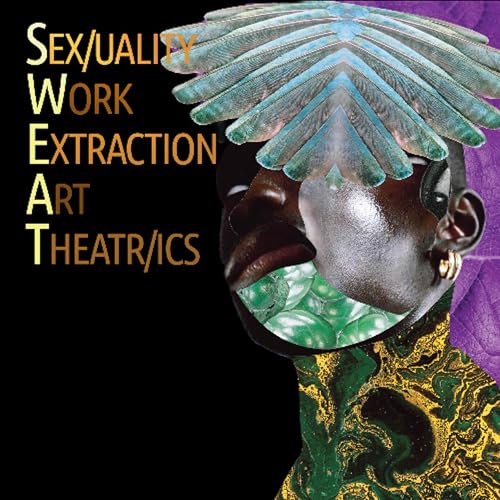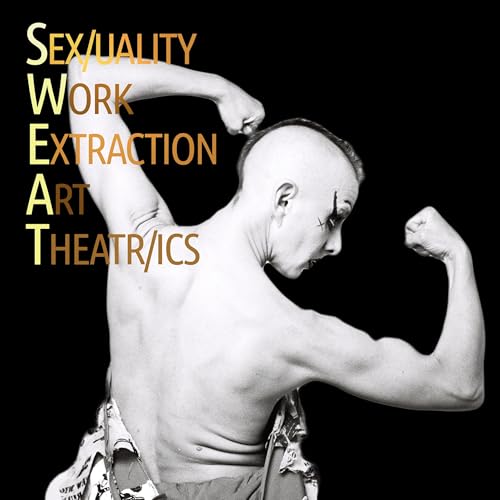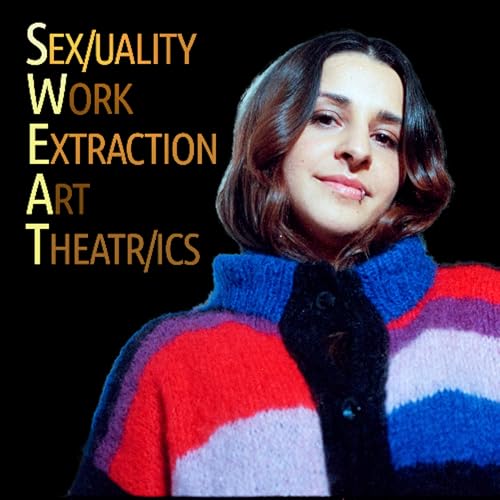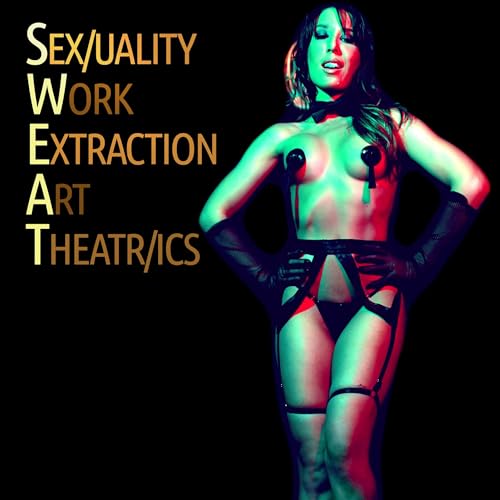My guest this month is transdisciplinary artist Isaiah Lopaz, whose work revolves around collage, photography, text, and performance. Born in occupied Tongvaland to a working class African American family, Lopaz is a descendent of Igbo / West African / Geechee / African American / First Nations peoples. His work frequently focuses on tracing where histories often framed as disparate and distinct, overlap and converge. The past, sacred stories and practices, genealogy, and personal mythologies are merged in Lopaz’ practice to underscore intersections of time and space. Artistic research that engages African, Creole, and First Nations epistemologies, cosmologies, and methodologies are essential to his work. Lopaz’ research has been supported through stipends, fellowships, scholarships, and residencies from institutions including: The Berlin Senat for Culture and Europe, the documenta Institut, Stiftung Kunstfonds, Theater Rotterdam, the University of Bayreuth, Flutgraben, Ebenböck Haus, and Zucker Erben. Lopaz has exhibted and performed at events and institutions including the 10th Berlin Biennale, the Neuer Berliner Kunstverein, the Neues Museum, Kunstverein Hamburg, The HAU, Ballhaus Naunynstrasse, Beursschouwburg, and the 7th Afroeuropean Biennale. His work has been featured in the New York Times, CNN, Huffington Post, Der Speigel, and ZDF. In the spring of 2024, Lopaz founded Black Visual Grammar, a mobile archive which engages Black perspectives on an array of themes and subjects through collage workshops which coincide with public exhibitions. https://www.isaiahlopaz.com/about Featured Artwork: "The Last Book My Father Read". Collage by Isaiah Lopaz Authors mentioned in this episode: Alexis Pauline Gumbs Natasha A. Kelly Grada Kilomba Wangechi Mutu Carrie Mae Weems Ekow Eshun We all sweat as we provide care, as we labour, as we perform our work, as we fuck, as we survive and as we sacrifice one choice for the other. How exactly do we define our work and how does that work entangle and circumscribe our sexual identities, our racialized bodies, our creative lives and the ways in which we provide care? How do we perform both tasks and identities within the framework of that which we consider work? These conversations are a means to speak between intersectionalities by anchoring through our (always, already, and ever pervasive) sexualized and racialized bodies, our working bodies, our artistic bodies and our performative bodies. I hope that they contribute to dialogues which normalize sex work as work, and all work as deserving of respect, healthy conditions, and a living wage. You can find out more https://www.alfabus.us/s-w-e-a-t/ Mad Kate (they/them) is an electronic producer, sound designer, performance artist and writer who began working the Berlin performance and club scene in 2004, expanding their unique identity-queering, genderfcking and sexpositive performative work throughout music, theatre and film. Their explorations of borders between/within bodies, audibility, consent, proximity, and touch as political practice have brought them to theaters, communes, technomansions, prisons, dungeons, squats and galleries around the world.
続きを読む
一部表示
 2025/12/0958 分
2025/12/0958 分 2025/11/111 時間
2025/11/111 時間 56 分
56 分 2025/09/1059 分
2025/09/1059 分 2025/08/1255 分
2025/08/1255 分 2025/07/0858 分
2025/07/0858 分 2025/06/1053 分
2025/06/1053 分 2025/05/1355 分
2025/05/1355 分
